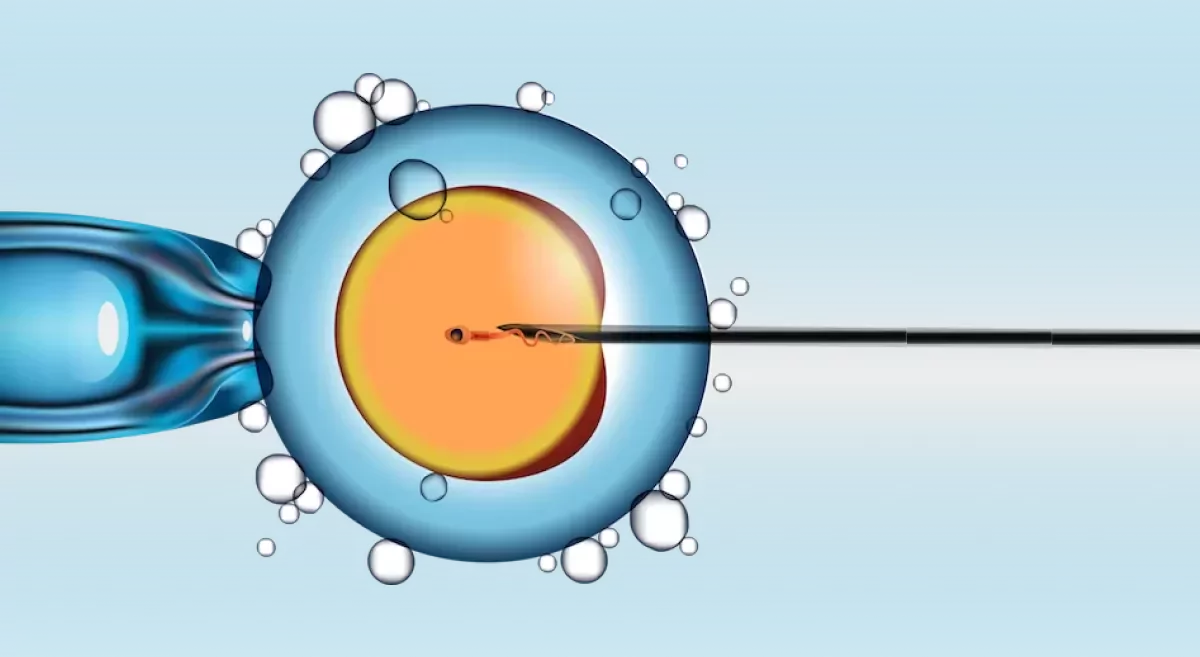Male factor infertility plays a significant role in the success of in vitro fertilization (IVF) treatment. In IVF, male factor infertility refers to issues related to the quality, quantity, or motility of sperm, which can impact the ability to achieve a successful pregnancy. Understanding and addressing male factor infertility are crucial steps in optimizing the outcomes of IVF treatment.
Here's an exploration of the role of male factor infertility in IVF:
Impact on IVF Success:
• Male factor infertility can have a direct impact on the success of IVF treatment. If the male partner's sperm quality is compromised, it may affect fertilization rates during the IVF process. Low sperm count, poor motility, or abnormal sperm morphology can reduce the chances of successful fertilization of the eggs retrieved from the female partner.
Diagnostic Tests for Male Factor Infertility:
Before proceeding with IVF, both partners undergo a thorough fertility evaluation to identify any potential issues. Diagnostic tests for male factor infertility may include:
• Semen Analysis: A semen analysis is a basic test that assesses sperm count, motility, and morphology.
• Hormone Testing: Blood tests can be performed to measure hormone levels related to sperm production and function.
• Genetic Testing: In some cases, genetic testing may be recommended to identify any genetic abnormalities that could be affecting sperm quality.
• Physical Examination: A physical examination may be conducted to check for any anatomical issues that could impact sperm production or ejaculation.
Treatment Options for Male Factor Infertility in IVF:
If male factor infertility is identified as a concern during the fertility evaluation, several treatment options may be considered to optimize IVF success:
• Intracytoplasmic Sperm Injection (ICSI): ICSI is a specialized technique used in IVF where a single healthy sperm is directly injected into each mature egg. This can overcome issues related to low sperm count or poor motility.
• Sperm Retrieval Procedures: In cases of severe male factor infertility, where there is very low or no sperm in the ejaculate, surgical procedures such as testicular sperm extraction (TESE) or percutaneous epididymal sperm aspiration (PESA) can be performed to retrieve sperm directly from the testicles or epididymis.
• Lifestyle Changes and Supplements: Adopting a healthy lifestyle, including regular exercise, a balanced diet, and avoiding harmful substances, can improve sperm quality. Some men may benefit from specific supplements recommended by their healthcare provider.
• Hormone Therapy: In cases of hormonal imbalances impacting sperm production, hormone therapy may be considered.
• Genetic Counseling: If genetic issues are detected, genetic counseling can help provide information about the risks and potential implications for the offspring.
Supportive Measures:
Alongside medical treatments, emotional support and communication between partners are crucial during IVF treatment. Managing stress and anxiety can positively impact overall fertility and IVF outcomes.
Male factor infertility is a common concern in couples seeking IVF treatment. However, with advancements in reproductive technologies and appropriate medical interventions, many couples can overcome these challenges and achieve successful pregnancies through IVF. A personalized treatment plan, based on a comprehensive fertility evaluation, can help address male factor infertility and optimize the chances of success in IVF treatment.











